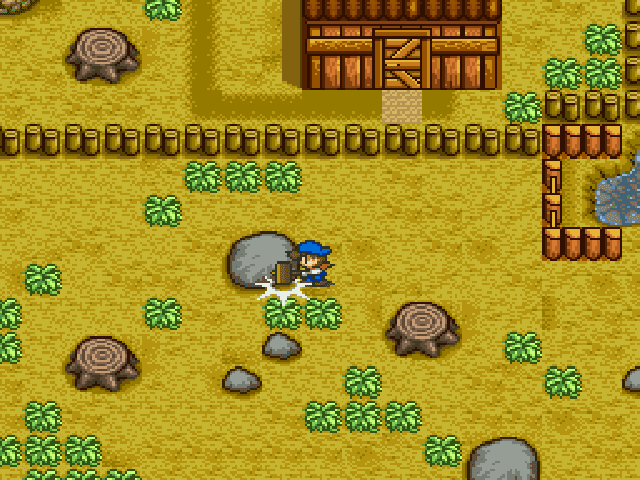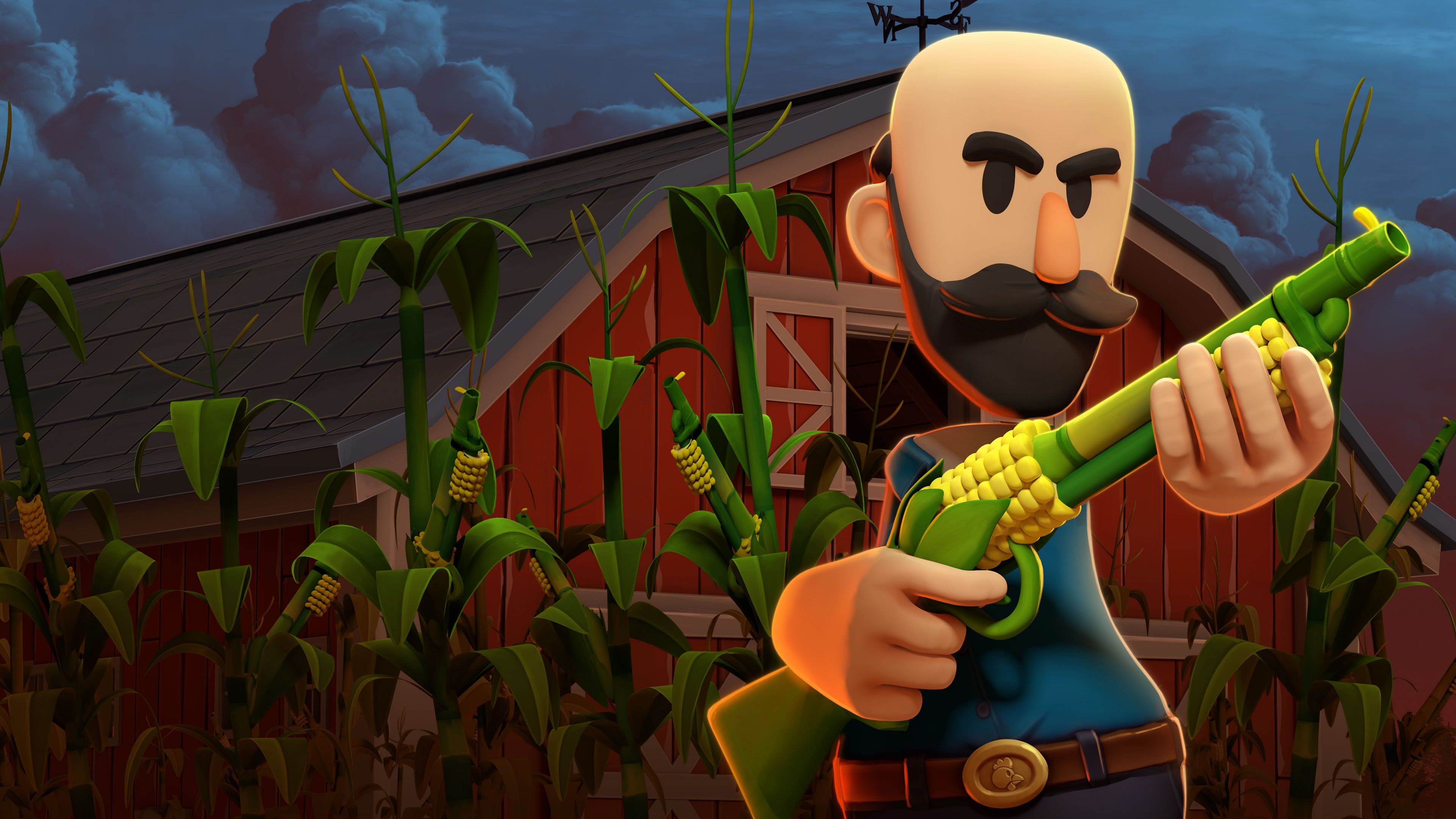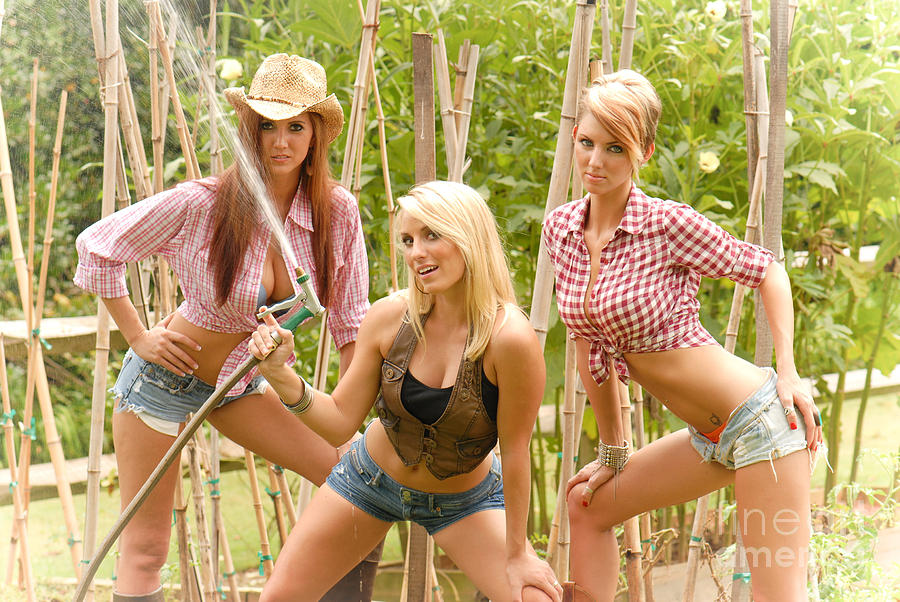- Joined
- Jan 17, 2010
- Messages
- 4,531
- Reaction score
- 5,492
French farming unions are taking aim at the European Union’s free-trade agreements, which they say open the door to unfair competition from products arriving from overseas. At a time when the EU is urging farmers to adopt more sustainable – and sometimes more costly – agricultural practices, unions say these trade deals are making it hard for them to stay solvent.

By:Cyrielle CABOT
French farmers say that one of their biggest fears is that Chilean apples, Brazilian grains and Canadian beef will flood the European market, thereby undermining their livelihoods. France’s farmers continued to demonstrate on the country’s motorways on Wednesday, protesting against rising costs, over-regulation and free-trade agreements –partnerships between the EU and exporting nations that the farming unions say leads to unfair competition.
The EU has signed several free-trade agreements in recent years, all with the objective of facilitating the movement of goods and services. But farmers say the deals bring with them insurmountable challenges.
"These agreements aim to reduce customs duties, with maximum quotas for certain agricultural products and non-tariff barriers," said Elvire Fabry, senior researcher at the Jacques Delors Institute, a French think-tank dedicated to European affairs. "They also have an increasingly broad regulatory scope to promote European standards for investment, protection of intellectual property, geographical indications and sustainable development standards."

Some non-EU countries – such as Norway, Liechtenstein and Iceland – maintain comprehensive free-trade agreements with the EU because they are part of the European Economic Area. This allows them to benefit from the free movement of goods, services, capital and people.
Other nations farther afield have signed more variable agreements with the EU, including Canada, Japan, Mexico, Vietnam and Ukraine. The EU also recently signed an accord with Kenya and a deal with New Zealand that will come into force this year; negotiations are also under way with India and Australia.
However, a draft agreement between the EU and the South American trade bloc Mercosur is creating the most concern. Under discussion since the 1990s, this trade partnership between Argentina, Brazil, Uruguay and Paraguay would create the world's largest free-trade area, a market encompassing 780 million people.
French farmers are particularly concerned about the deal’s possible effect on agriculture. The most recent version of the text introduces quotas for Mercosur countries to export 99,000 tonnes of beef, 100,000 tonnes of poultry and 180,000 tonnes of sugar per year, with little or no customs duties imposed. In exchange, duties would also be lowered on exports from the EU on many “protected designation of origin” (PDO) products.
At a time when the EU is urging farmers to adopt more sustainable agricultural practices, French unions say these agreements would open the door to massive imports – at more competitive prices – of products that do not meet the same environmental standards as those originating in Europe. French farmers are calling out what they say is unfair competition from farmers in South America who can grow GMO crops and use growth-promoting antibiotics on livestock, which is banned in the EU.

Trade unions from various sectors went into action after the European Commission informed them on January 24 that negotiations with Mercosur could be concluded "before the end of this mandate", i.e., before the European Parliament elections in June.
The FNSEA, France’s biggest farming union, immediately called for a "clear rejection of free-trade agreements" while the pro-environmental farming group Confédération Paysanne (Farmers' Confederation) called for an "immediate end to negotiations" on this type of agreement.
/i.s3.glbimg.com/v1/AUTH_08fbf48bc0524877943fe86e43087e7a/internal_photos/bs/2023/R/h/EgCEAXTRiXO5DAFZwDsg/lancamentos-semana-harvest-moon-the-winds-of-anthos-simulador-fazenda.jpg)
Harvest Moon is awesome!
This disparity is glaringly obvious in the agricultural sector. "The wine and spirits industry as well as the dairy industry stand to gain more than livestock farmers, for example," said Fabry. These sectors are the main beneficiaries of free-trade agreements, according to a 2023 report by the French National Assembly.
"The existence of trade agreements that allow customs duty differentials to be eliminated is an 'over-determining factor' in the competitiveness of French wines," wrote FranceAgriMer, a national establishment for agriculture and maritime products under the authority of the French ministry of agriculture in a 2021 report. The majority of free-trade agreements lower or abolish customs duties to allow the export of many PDO products, a category to which many wines belong.

However, the impact on meat is less clear-cut. While FranceAgriMer says the balance between imports and exports appears to be in the EU's favour for pork, poultry exports seem to be declining as a result of the agreements. Hence the fears over the planned treaty with New Zealand, which provides for 36,000 tonnes of mutton to be imported into the EU, equivalent to 45% of French production in 2022. France,however, still has a large surplus of grains except for soya.

The agreement with Chile should enable strategic minerals to be exported in exchange for agricultural products. Germany strongly supports the agreement with Mercosur, as it sees it as an outlet for its industrial sectors, according to Fabry.
"In virtually all free-trade agreements, agriculture is always used as a bargaining chip in exchange for selling cars or Airbus planes," Véronique Marchesseau, general-secretary of the Confédération Paysanne, told AFP.
Michèle Boudoin, president of the French National Sheep Federation, told AFP that the agreement with New Zealand will "destabilise the lamb market in France".
"We know that Germany needs to export its cars, that France needs to sell its wheat, and we're told that we need an ally in the Pacific tocounter China and Russia. But if that is the case, then we need help to be able to produce top-of-the-line lamb, for example," she said.
Finally, "there is a question of influence", said Fabry. "These agreements also remain a way for the EU to promote its environmental standards to lead its partners along the path of ecological transition, even if this has to be negotiated," said Fabry.

Marc Fesneau, the French minister of agriculture, made the same argument. "In most cases, the agreements have been beneficial, including to French agriculture," Fesneau wrote on X last week, adding: "They will be even more so if we ensure that our standards are respected."
The Élysée Palace even said on Monday evening that EU negotiations with the South American bloc had been suspended because of France's opposition to the treaty. The conditions are "not ripe" for concluding the negotiations, said Eric Mamer, spokesman for the European Commission. "However, discussions are ongoing."
Before being adopted, the agreement would have to be passed unanimously by the European Parliament, then ratified individually by the 27 EU member states.

https://www.france24.com/en/france/...mers-up-in-arms-over-eu-free-trade-agreements

By:Cyrielle CABOT
French farmers say that one of their biggest fears is that Chilean apples, Brazilian grains and Canadian beef will flood the European market, thereby undermining their livelihoods. France’s farmers continued to demonstrate on the country’s motorways on Wednesday, protesting against rising costs, over-regulation and free-trade agreements –partnerships between the EU and exporting nations that the farming unions say leads to unfair competition.
The EU has signed several free-trade agreements in recent years, all with the objective of facilitating the movement of goods and services. But farmers say the deals bring with them insurmountable challenges.
"These agreements aim to reduce customs duties, with maximum quotas for certain agricultural products and non-tariff barriers," said Elvire Fabry, senior researcher at the Jacques Delors Institute, a French think-tank dedicated to European affairs. "They also have an increasingly broad regulatory scope to promote European standards for investment, protection of intellectual property, geographical indications and sustainable development standards."
South American trade deal in the crosshairs

Some non-EU countries – such as Norway, Liechtenstein and Iceland – maintain comprehensive free-trade agreements with the EU because they are part of the European Economic Area. This allows them to benefit from the free movement of goods, services, capital and people.
Other nations farther afield have signed more variable agreements with the EU, including Canada, Japan, Mexico, Vietnam and Ukraine. The EU also recently signed an accord with Kenya and a deal with New Zealand that will come into force this year; negotiations are also under way with India and Australia.
However, a draft agreement between the EU and the South American trade bloc Mercosur is creating the most concern. Under discussion since the 1990s, this trade partnership between Argentina, Brazil, Uruguay and Paraguay would create the world's largest free-trade area, a market encompassing 780 million people.
French farmers are particularly concerned about the deal’s possible effect on agriculture. The most recent version of the text introduces quotas for Mercosur countries to export 99,000 tonnes of beef, 100,000 tonnes of poultry and 180,000 tonnes of sugar per year, with little or no customs duties imposed. In exchange, duties would also be lowered on exports from the EU on many “protected designation of origin” (PDO) products.
At a time when the EU is urging farmers to adopt more sustainable agricultural practices, French unions say these agreements would open the door to massive imports – at more competitive prices – of products that do not meet the same environmental standards as those originating in Europe. French farmers are calling out what they say is unfair competition from farmers in South America who can grow GMO crops and use growth-promoting antibiotics on livestock, which is banned in the EU.

Trade unions from various sectors went into action after the European Commission informed them on January 24 that negotiations with Mercosur could be concluded "before the end of this mandate", i.e., before the European Parliament elections in June.
The FNSEA, France’s biggest farming union, immediately called for a "clear rejection of free-trade agreements" while the pro-environmental farming group Confédération Paysanne (Farmers' Confederation) called for an "immediate end to negotiations" on this type of agreement.
A mixed record
"In reality, the impact of these free-trade agreements varies from sector to sector," said Fabry. "Negotiations prior to agreements aim to calibrate the opening up of trade to limit the negative impact on the most exposed sectors. And, at the same time, these sectors can benefit from other agreements. In the end, it's a question of finding an overall balance."/i.s3.glbimg.com/v1/AUTH_08fbf48bc0524877943fe86e43087e7a/internal_photos/bs/2023/R/h/EgCEAXTRiXO5DAFZwDsg/lancamentos-semana-harvest-moon-the-winds-of-anthos-simulador-fazenda.jpg)
Harvest Moon is awesome!
This disparity is glaringly obvious in the agricultural sector. "The wine and spirits industry as well as the dairy industry stand to gain more than livestock farmers, for example," said Fabry. These sectors are the main beneficiaries of free-trade agreements, according to a 2023 report by the French National Assembly.
"The existence of trade agreements that allow customs duty differentials to be eliminated is an 'over-determining factor' in the competitiveness of French wines," wrote FranceAgriMer, a national establishment for agriculture and maritime products under the authority of the French ministry of agriculture in a 2021 report. The majority of free-trade agreements lower or abolish customs duties to allow the export of many PDO products, a category to which many wines belong.

However, the impact on meat is less clear-cut. While FranceAgriMer says the balance between imports and exports appears to be in the EU's favour for pork, poultry exports seem to be declining as a result of the agreements. Hence the fears over the planned treaty with New Zealand, which provides for 36,000 tonnes of mutton to be imported into the EU, equivalent to 45% of French production in 2022. France,however, still has a large surplus of grains except for soya.
‘A bargaining chip’
Beyond the impact on agriculture, "this debate on free-trade agreements must take into account other issues", said Fabry. "We are in a situation where the EU is seeking to secure its supplies and in particular its supplies of strategic minerals. Brazil's lithium, cobalt, graphite and other resource reserves should not be overlooked."
The agreement with Chile should enable strategic minerals to be exported in exchange for agricultural products. Germany strongly supports the agreement with Mercosur, as it sees it as an outlet for its industrial sectors, according to Fabry.
"In virtually all free-trade agreements, agriculture is always used as a bargaining chip in exchange for selling cars or Airbus planes," Véronique Marchesseau, general-secretary of the Confédération Paysanne, told AFP.
Michèle Boudoin, president of the French National Sheep Federation, told AFP that the agreement with New Zealand will "destabilise the lamb market in France".
"We know that Germany needs to export its cars, that France needs to sell its wheat, and we're told that we need an ally in the Pacific tocounter China and Russia. But if that is the case, then we need help to be able to produce top-of-the-line lamb, for example," she said.
Finally, "there is a question of influence", said Fabry. "These agreements also remain a way for the EU to promote its environmental standards to lead its partners along the path of ecological transition, even if this has to be negotiated," said Fabry.

Marc Fesneau, the French minister of agriculture, made the same argument. "In most cases, the agreements have been beneficial, including to French agriculture," Fesneau wrote on X last week, adding: "They will be even more so if we ensure that our standards are respected."
Mercosur negotiations suspended?
As the farmers’ promised “siege” of Paris and other major locations across France continues, the French government has been trying to reassure agricultural workers about Mercosur, even though President Emmanuel Macron and Brazilian President Luiz Inácio Lula da Silva relaunched negotiations in December. "France is clearly opposed to the signing of the Mercosur treaty," Prime Minister Gabriel Attal acknowledged last week.The Élysée Palace even said on Monday evening that EU negotiations with the South American bloc had been suspended because of France's opposition to the treaty. The conditions are "not ripe" for concluding the negotiations, said Eric Mamer, spokesman for the European Commission. "However, discussions are ongoing."
Before being adopted, the agreement would have to be passed unanimously by the European Parliament, then ratified individually by the 27 EU member states.

https://www.france24.com/en/france/...mers-up-in-arms-over-eu-free-trade-agreements




